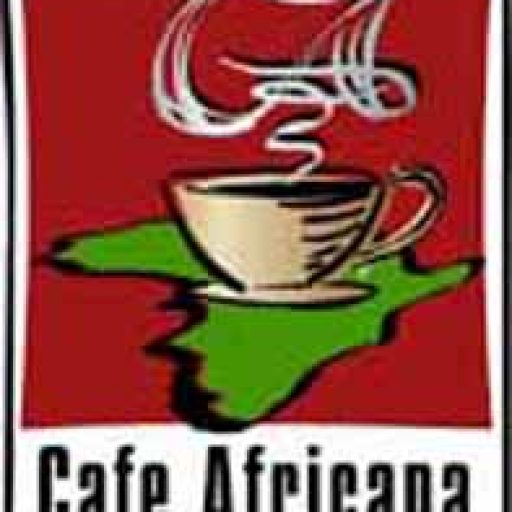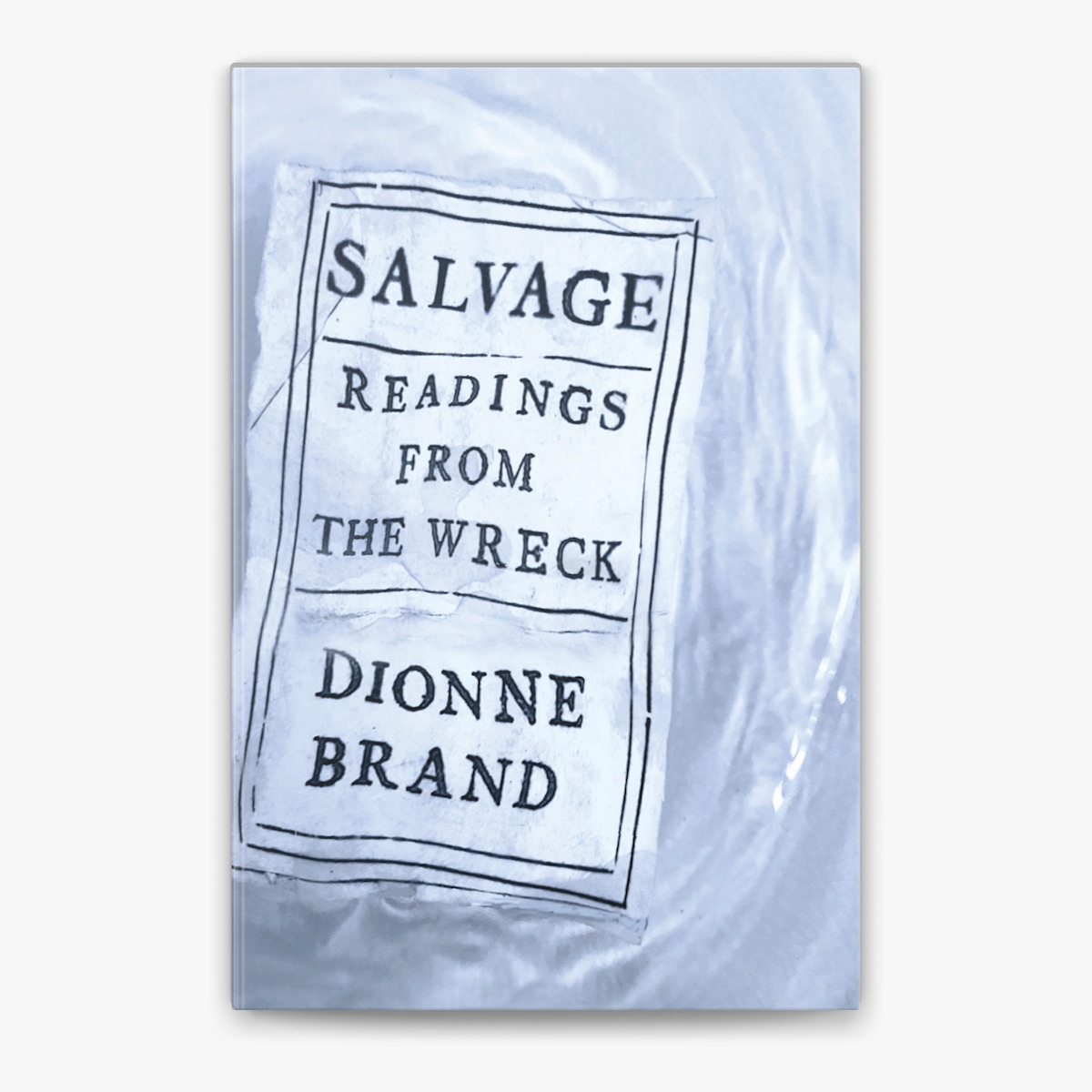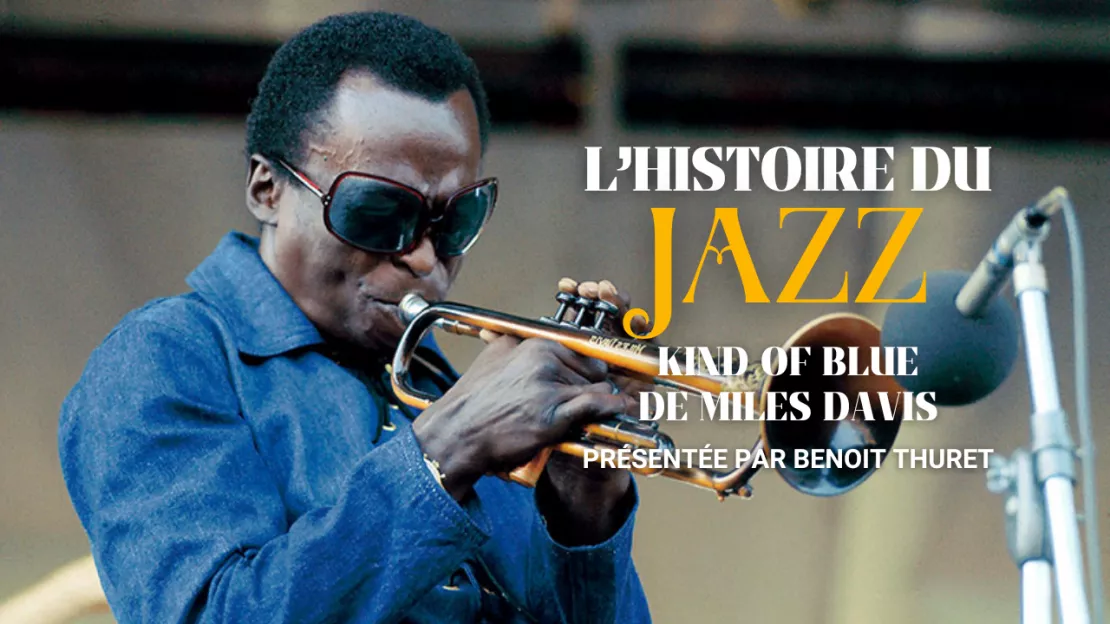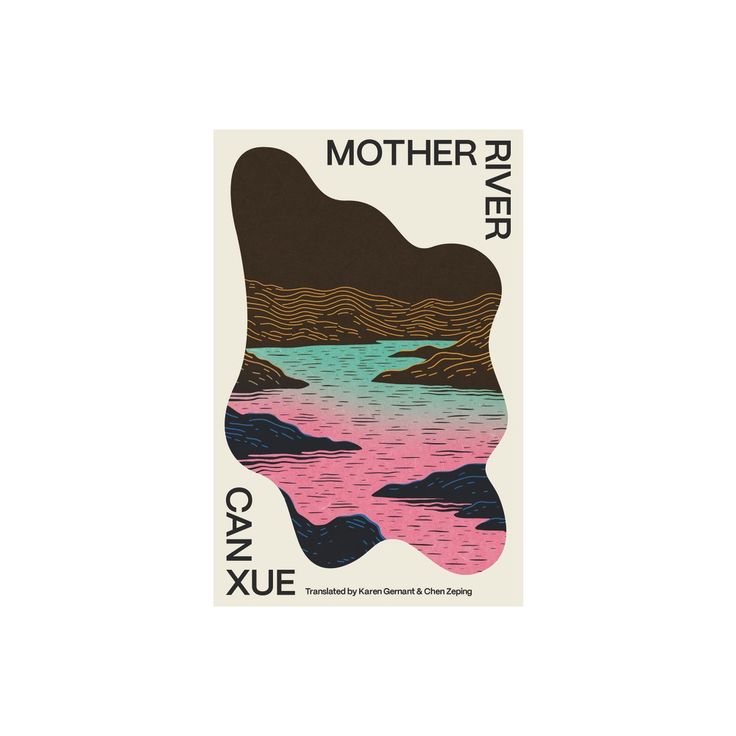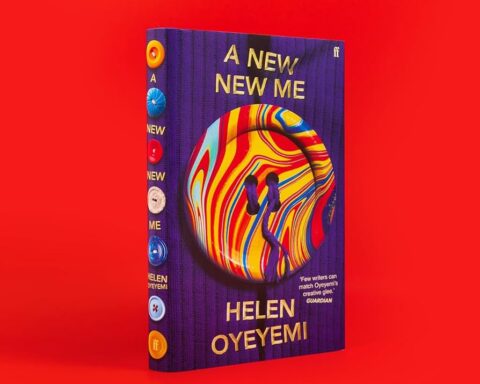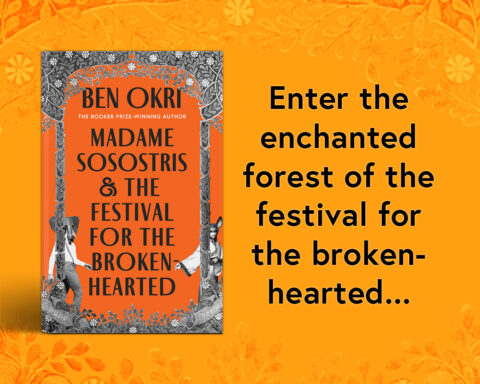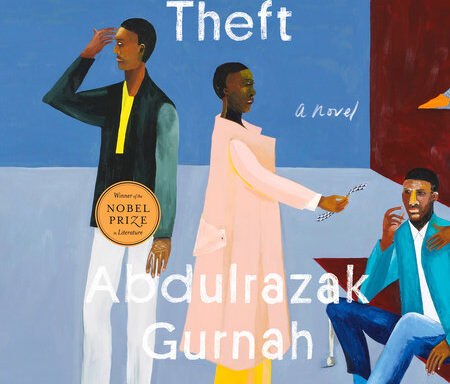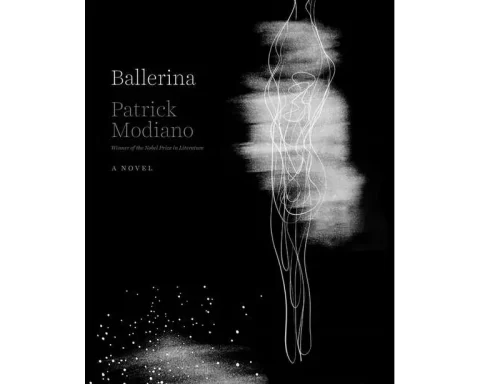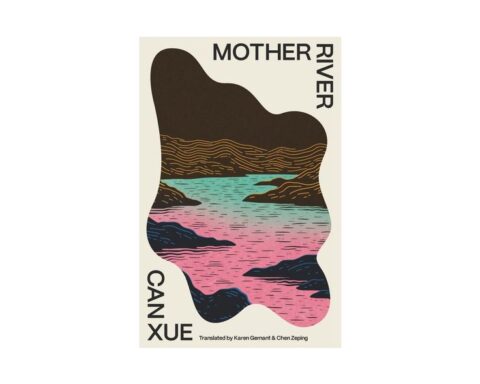One of Literary Hub‘s most anticipated books of 2024
Dionne Brand explores English and American literature, and the colonial aesthetic that shaped her sense of self and the world, of what was possible and what was not.
In Salvage: Readings from the Wreck, Dionne Brand’s first major book of nonfiction since her classic A Map to the Door of No Return, the acclaimed poet and novelist offers a bracing look at the intersections of reading and life, and what remains in the wreck of empire. Blending literary criticism and autobiography-as-artifact, Brand reads Aphra Behn’s Oroonoko, Daniel Defoe’s Robinson Crusoe, and Jane Austen’s Mansfield Park, among other still widely studied works, to explore encounters with colonial, imperialist, and racist tropes from the seventeenth to the nineteenth centuries―tropes that continue in new forms today. Brand vividly shows how contemporary practices of reading and writing are shaped by the narrative structures of these and related works, and explores how, in the face of this, one writes a narrative of Black life that attends to its own consciousness and expression.
With the power and eloquence of a great poet coupled with the rigor of a deep and subtle thinker, Brand reveals how she learned to read the literature of two empires, British and American, in an anticolonial light―in order to survive, and in order to live.
This is the library, the wreck, and the potential for salvage she offers us now, in a brilliant, groundbreaking, and essential work.
Editorial Reviews
Review
“Brand shows that learning to read English literature involved learning not to notice who, or what, was missing . . . Brand’s key point is that the minutiae of white characters’ daily lives serve to conceal the unseen ― unsalvaged ― minutiae of the enslaved and Indigenous lives under imperial control . . . Equally suggestive are moments in Brand’s book when she shows us how a passage ostensibly not about the violence of colonialism is in fact a barely conscious acknowledgment of it.” ―Sophie Gee, The New York Times Book Review
“In this insightful meditation on her formation as a colonial subject, Brand attends to the instrumentality of the novel and the regime of the aesthetic in the project of empire . . . A life can be “destroyed” by books, Brand observes . . . A life also can be remade by books.” ―Saidiya Hartman, BOMB
“Award-winning novelist Brand, Toronto’s former poet laureate, melds autobiography and literary criticism to offer a shrewd, intimate reading of the 17th-, 18th-, and 19th-century novels that shaped her sense of self . . . [a] penetrating cultural criticism.” ―Kirkus (starred review)
“In this scintillating literary analysis, Canadian poet Brand, who grew up in Trinidad, examines depictions of imperialism in works by Charlotte Brontë, William Thackeray, and other British writers . . . Brand’s piercing analysis is at once sweeping and deeply personal . . . It’s a potent reevaluation of the British literary canon.” ―Publishers Weekly (starred review)
About the Author
